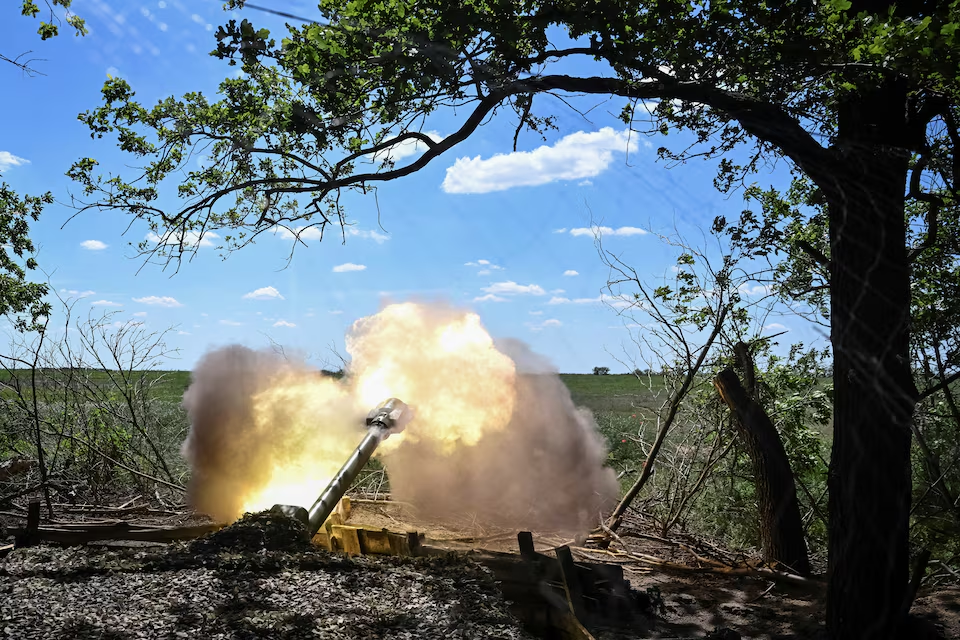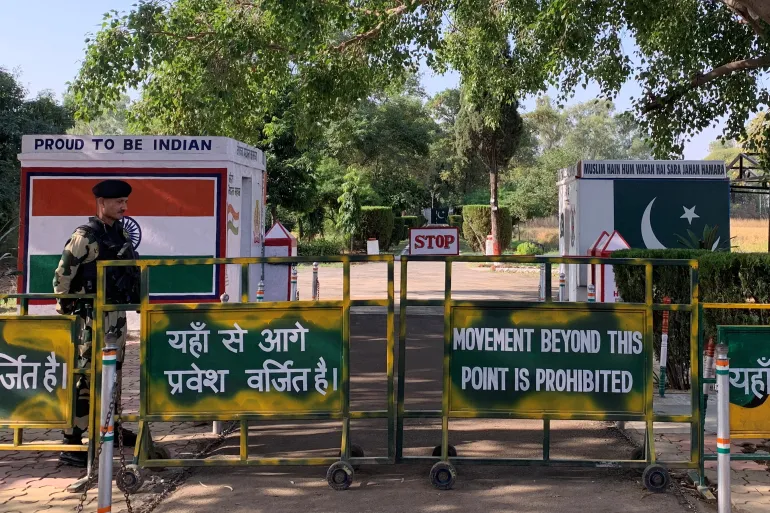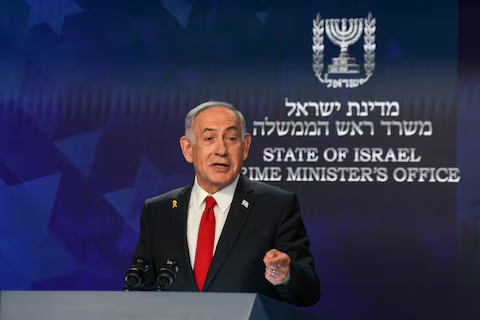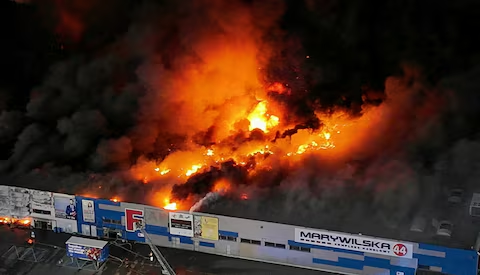Efforts to bring Russia and Ukraine to the negotiating table have made little headway, with both sides maintaining starkly opposing views on the path toward peace more than three years into the war. Officials and analysts say that while backchannel contacts continue, a breakthrough remains distant.
The Kremlin reiterated on Monday that there is currently no basis for meaningful peace talks with Ukraine. In a press call, Kremlin spokesman Dmitry Peskov said the two countries’ positions are “very different,” adding that Ukraine continues to insist on what Moscow regards as “absurd” conditions. These include full withdrawal of Russian troops from Ukrainian territory and the restoration of borders as of 1991, demands Russia flatly rejects.
Ukraine, meanwhile, accuses Russia of stalling and only showing interest in peace talks to divide international support for Kyiv. Ukrainian officials argue that President Vladimir Putin seeks to cement territorial gains made since the full-scale invasion began in February 2022, rather than negotiate a genuine resolution.
President Volodymyr Zelenskyy’s office confirmed that Kyiv will move forward with an upcoming peace conference hosted by Switzerland later this month. The event, which excludes Russia, aims to rally international support behind Ukraine’s vision for a fair and lasting peace. Ukraine hopes the summit will affirm backing for its 10-point peace formula, which includes complete Russian withdrawal, accountability for war crimes, and security guarantees.
Russia has dismissed the Swiss conference as irrelevant, stating that any talks that exclude Moscow are a “waste of time.” Foreign Minister Sergei Lavrov previously said Russia would not recognize any outcomes of a summit that does not include its participation.
Despite the hardened rhetoric, various international actors—including Turkey, China, and the Vatican—have continued behind-the-scenes efforts to mediate. But sources close to these efforts acknowledge the gap between the two sides remains too wide for substantive progress.
A senior European diplomat told Reuters that there are ongoing “exploratory contacts” between the sides through intermediaries. However, he emphasized that “neither party appears ready to make the concessions necessary for real negotiations.” The diplomat also noted that Russia appears to be betting on war fatigue among Ukraine’s allies as the conflict drags on.
Military developments on the ground continue to influence the political dynamics. Russia has made modest advances in eastern Ukraine in recent weeks, particularly around the Donetsk region, although Ukrainian resistance remains strong. Kyiv is also expected to intensify drone attacks and long-range strikes into Russian territory with newly approved Western weapons.
Ukraine’s position is bolstered by the continued supply of arms and financial assistance from NATO countries. However, some Ukrainian officials have expressed concerns about the long-term sustainability of this support amid political shifts in the U.S. and parts of Europe.
In Russia, the Kremlin appears confident that its war economy is stabilizing and that its armed forces can maintain the initiative. Western sanctions have failed to cripple Russia’s ability to sustain military production, though they have strained the economy in other sectors.
With no clear end in sight, the war has resulted in hundreds of thousands of casualties, vast destruction of infrastructure, and a refugee crisis that has impacted millions across Europe. Humanitarian organizations warn that the longer the conflict continues, the harder it will be to heal the deep political, economic, and societal wounds on both sides.
For now, diplomacy remains largely symbolic, serving more as a channel for posturing than peacemaking. A breakthrough, analysts suggest, would require a fundamental change in either battlefield dynamics or political leadership—neither of which appears imminent.
Source; Reuters



